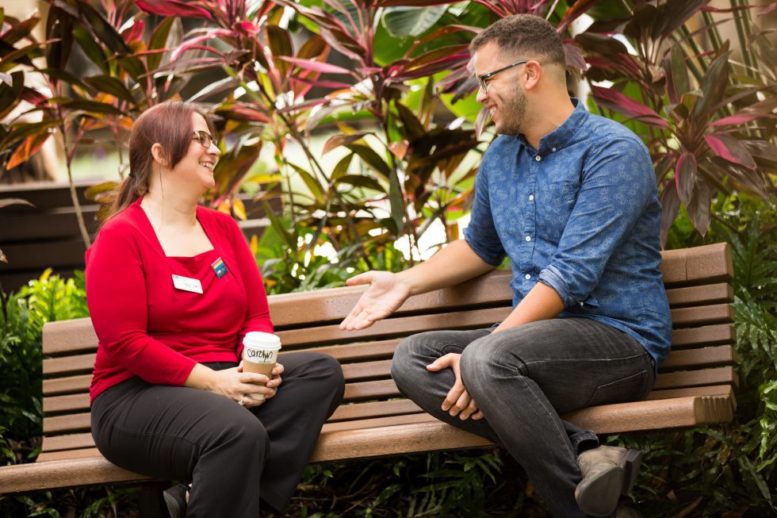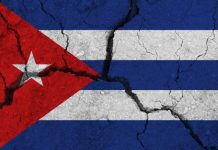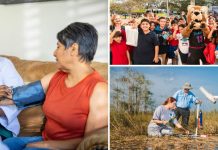
When Jaylon Hadley ’16 transferred to FIU, he had one goal in mind: graduate as soon as possible.
Having taken a few years off from school, he was eager to make up for lost time. He wasn’t expecting to get involved on campus. He didn’t foresee becoming a student leader. And he never anticipated graduating with a very impressive 3.62 GPA. But he did all of these things. And he says it started with one decision he made his first semester: signing up for the LGBTQA Mentors Program.
“The goal of the Mentors Program is to help create a safe, supportive and welcoming environment for our LGBT students on campus,” says Gisela Vega, associate director of LGBTQA Initiatives, which is part of the Multicultural Programs and Services (MPAS). The program’s main focus, she says, is to help LGBT students stay in college and graduate.
“We know that our LGBT population is one of the most marginalized groups on any campus,” Vega explains. “It’s been well documented that this population drops out of school at a higher rate than their straight counterparts because of the bullying and harassment they experience. We want to make sure that doesn’t happen here at FIU.”
The four-year old mentorship program caters to about two dozen students each year. Nerissa Rae Mape signed up as a freshman in 2014 and today as a junior continues to meet regularly with her mentors, FIU librarian Marissa Ball.
“The mentorship helped me grow and become more open,” Mape says. She adds that such a program would have helped her tremendously in high school. “Back then, when I didn’t have a support group, I felt that I was alone.” Now, at FIU, “I found a second home. I found people who were like me and could give me advice and guide me to know myself better. I can’t explain it, but I became a different person than I was before the mentorship.”
 “She’s much more comfortable with herself,” Ball says. “I can tell even the way she carries herself, the way she dresses, the way she talks about her social life and the things she’s involved in, she has grown exponentially.”
“She’s much more comfortable with herself,” Ball says. “I can tell even the way she carries herself, the way she dresses, the way she talks about her social life and the things she’s involved in, she has grown exponentially.”
Mape says these programs can have a potentially huge effect on students within the LGBT community.
“That kind of support group, for some people, it’s rare for them. It’s important to have that kind of nourishing relationship to help them grow and help them go on their own path. It’s so important, especially because there can be a lot of hardships for people who are LGBT.”
According to a study by the Centers for Disease and Control Prevention, 34 percent of lesbian, gay and bisexual high school students who completed a 2015 survey reported being bullied at school and 28 percent reported being bullied online. Forty percent said they had seriously considered suicide and 29 percent reported attempting suicide within the previous year. Ten percent stated they had missed school within the previous 30 days out of concern for their safety.
As for Hadley, he considers the mentorship program a launching pad for his career as a student. Through the program he learned about new-student orientation peer advisors and soon volunteered. He also found out about the Gay Straight Alliance student club at FIU’s Biscayne Bay Campus (BBC), and eventually served as president.
A first-generation college student and new to Miami, Hadley says he looked to his mentor, Carolyn Meeker, for guidance on everything from academics, to life at FIU and possibilities for grad school. And Meeker, the assistant director of Career and Talent Development at BBC, readily offered guidance.
“She was the embodiment of what you think a mentor should be,” says Hadley, who is now considering graduate school after earning a psychology degree this year. “It was personal but also job-based, networking, making sure I was keeping on top of things.”
Such encouragement, he adds, pushed him to get involved on campus in the first place. He says those experiences “make me feel even more proud to graduate from FIU.”





